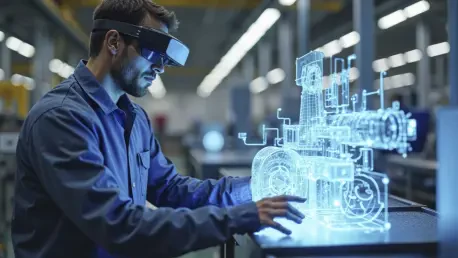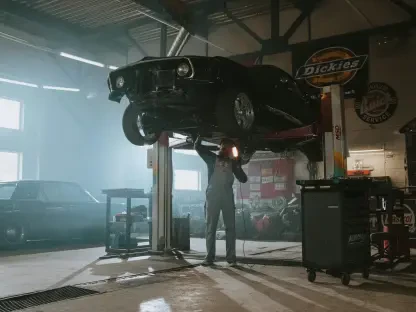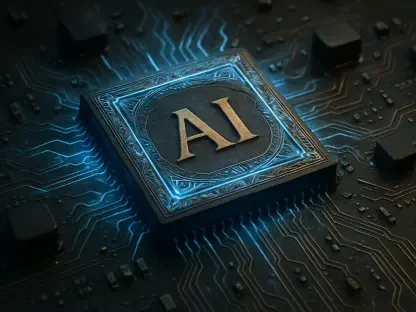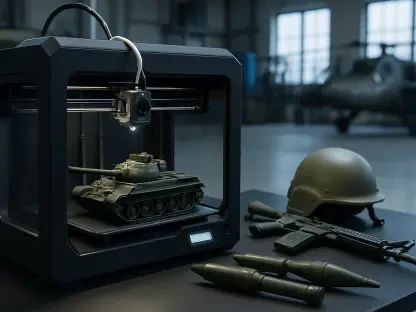Have you ever wondered how technology could save billions in manufacturing costs and simultaneously propel sustainability initiatives? The answer lies in the transformative power of Industrial AI, an innovation currently revolutionizing the production industry. This trend leverages artificial intelligence technologies to enhance operational efficiency, minimize downtime, and support sustainability goals through intelligent decision-making processes.
Current State of Industrial AI in Manufacturing
Growth and Adoption Trends
The adoption of AI in manufacturing is progressing rapidly, marking steady growth in recent years. Industry reports indicate that the percentage of manufacturers incorporating Industrial AI technologies has surged, reflecting the sector’s increasing reliance on data-driven automation and predictive analytics. The technology’s growth trajectory suggests accelerated integration, driven by heightened demand for efficiency and reduced operational costs.
Real-world Applications and Innovations
Several leading companies are pioneering Industrial AI, demonstrating its potential through innovative applications. Organizations such as IBM and Siemens have set benchmarks in transforming traditional manufacturing processes. Groundbreaking projects, like IBM’s Maximo Application Suite that integrates predictive maintenance, showcase Industrial AI’s capacity to improve asset performance, prevent equipment failures, and streamline workflows, highlighting real-world impacts and advancements.
Expert Insights and Industry Perspectives
The transformative impact of AI is underscored by insights from industry veterans and experts. They acknowledge that while AI offers significant benefits, there are underlying challenges and barriers to adoption. Concerns surrounding data security, ethical considerations, and seamless integration with existing systems remain prevalent. Nonetheless, experts agree that AI significantly enhances traditional processes, redefining efficiency and strategic operations within the industry.
Future Outlook and Implications
Industrial AI is anticipated to witness further advancements in its capabilities over the next decade. Predictions point to innovations in AI-powered robotics, intelligent automation, and sustainability-driven solutions that could redefine industry standards. While the potential drawbacks, such as ethical compliance and workforce displacement, are acknowledged, broader impacts encompass global competitiveness enhancement and substantial contributions to sustainability efforts, reshaping workforce dynamics altogether.
Conclusion and Reflections
Industrial AI has already dramatically evolved the manufacturing landscape, setting a precedent for future innovations and integrated sustainability practices. The main points discussed underline its critical role in reducing operational costs, optimizing processes, and meeting sustainability goals. As industries continue to adopt these technologies, they unlock new opportunities for efficiency and innovation, propelling manufacturing into a future where AI is an essential cornerstone.









